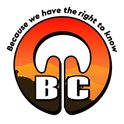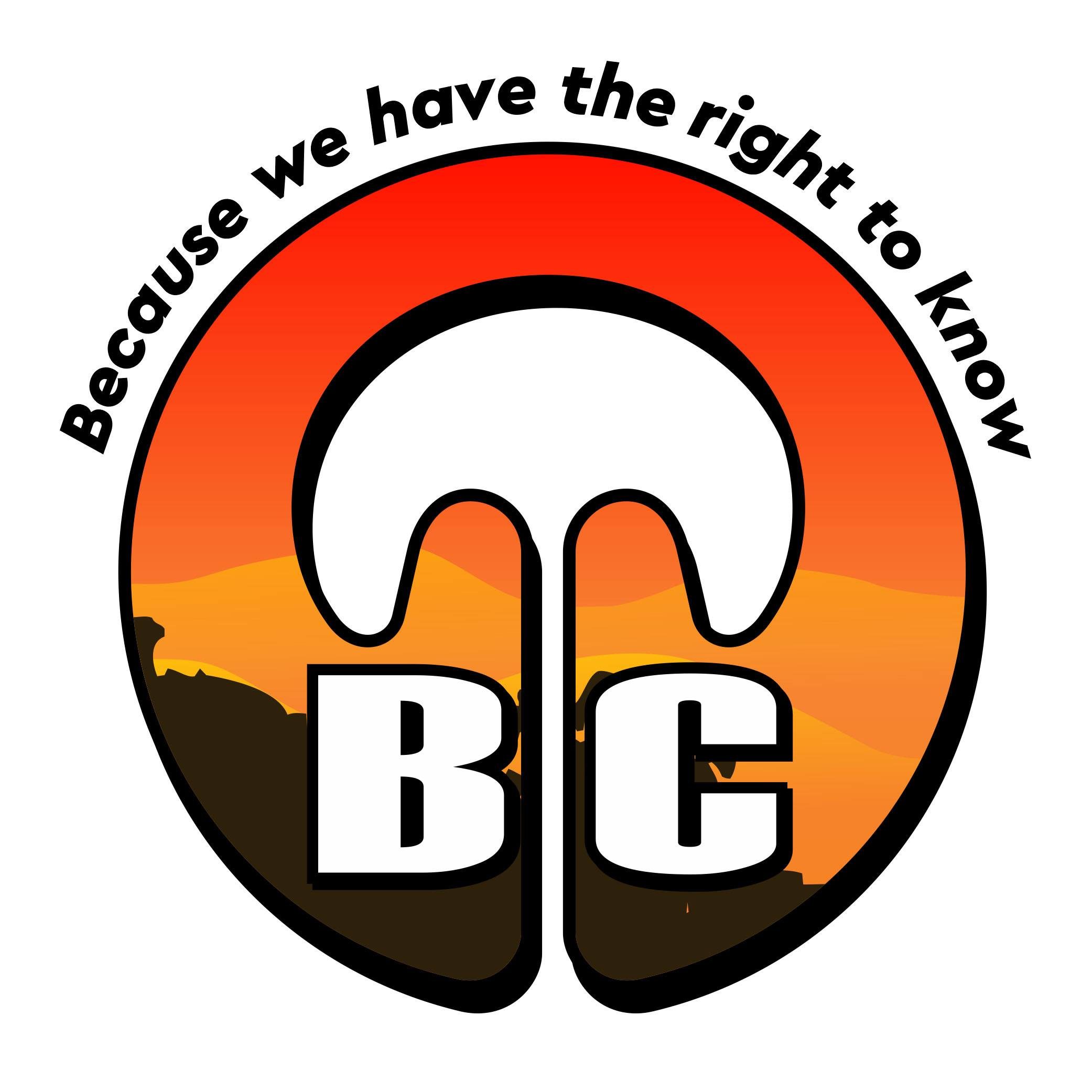By Angel Castillo
THE Baguio City Health Services Office (CHSO) contacts Juan, whose name has been withheld for privacy purposes, on a regular basis. A minor when he first came into contact with the CHSO in December of 2021, Juan tested positive for the human immunodeficiency virus (HIV). He was 16 years of age at the time. Other details have not been provided to preserve anonymity.
Juan’s parents remain unaware that their child has contracted HIV. While testing can be done anonymously, and alone, treatment requires parental consent in the case of minors. Unwilling to reveal his situation to his parents, Juan remains positive but cannot undergo treatment. Even attempting to bring in a confidant as a parent substitute does not work. The CHSO has to adhere to protocol.
Juan remains untreated, hiding his condition from his parents. He claims they know, but have cast him aside for his sexuality and his HIV positivity.
Juan is only one of 118 individuals currently kept on a tab by the CHSO for HIV as of the end of July. These 118 individuals have tested positive for the disease and receive counseling, as well as treatments from the CHSO.
Even with the efforts of the CHSO, the stigma of having HIV remains thick. Another male HIV patient, going by the alias of James, lost his job when a mandatory medical test revealed that he was positive for the disease.
A male having sex with males (MSM) with multiple sexual partners, James is an oddity in that his family has full knowledge of his HIV-positive status. However, he too hides his HIV-positive status from people outside of the trusted family.
According to Baguio Assistant Health Officer Dr. Celia Brillantes, based on the Primary HIV clinic of the CHSO, roughly 80 percent of positive individuals kept under tabs do not reveal their condition to their families. This is more common with the youth, and minors who acquire the disease.
“Some even refuse treatment, stop treatment so they don’t have to reveal it to their families,” Brillantes says of the 118 patients in the HIV clinic’s records.
The vast majority of HIV patients in Baguio are MSMs, accounting for some 83 percent of the vastly male HIV patient population. However, there are still a handful of female patients – three of them – in Baguio’s records.
One such patient, under the alias of Jane, was a patient undergoing treatment in Manila. She had been sexually abused and contracted HIV, which fortunately did not get passed on to her child. She moved to Baguio earlier in 2022 and has been receiving treatment from the Baguio City HIV clinic since.
While the CHSO remains optimistic about the HIV situation in Baguio City and claims that the stigma is starting to break, it has yet to happen for individuals like Juan and James.
The struggle of keeping track
The HIV-positive population in Baguio City is relatively small on paper. HSO figures indicate there are only 118 active patients with HIV, who receive treatment and counseling.
However, figures from the larger Department of Health (DOH) indicate at least 523 total HIV cases recorded in the city from the start of all HIV screening efforts. At the same time, due to the stigma associated with HIV and autoimmune deficiency syndrome (AIDS), many cases go undetected. Some estimates assume nearly double the number of cases, especially given that many MSMs, whether in the nightlife industries or otherwise, have multiple partners.
And even in cases where the patient is tested and found to be positive, on occasion, patients will be lost to follow-ups, not coming back on their scheduled consultations. Juan is one such case – while he has regular consultations on paper, he often comes late and on occasion skips out on the consultations entirely.
Juan had been diagnosed eight full months ago. He still remains untreated today.
In order to combat HIV, the CHSO HIV clinic used to aggressively go out in search of MSMs to survey, and give out coupons for HIV screening. However, the COVID-19 pandemic has put a stopper on such actions.
At the same time, a report from the CHSO indicates that the pandemic, whilst slowing down anti-HIV operations, has increased the sexual activity of the most at-risk-populations (MARPs) of Baguio City – such as entertainers in bars and gay clubs – with the help of social media in looking for clients.
“With limited consultations and referrals, we perceive an increase of STIs and HIV infections that remain untreated and so, a silent transmission is surely going on,” the report reads.
In a bid to address this projected hidden population of sexually transmitted infections (STIs) and HIV cases, the HIV clinic is performing smears, but 2021 saw a 94 percent shrink in the number of smears conducted to detect HIV and other STIs compared to the preceding year. The current year’s figures are yet to be completed, but the clinic is attempting to once more aggressively screen more individuals.
Specifically, the HIV clinic is attempting to survey and screen three respondents a day per interviewer, of which the clinic has five.
The fight against HIV
In the effort to fight against HIV, Baguio City’s health office has instituted a number of programs. The local government at large has also made attempts to supplement the fight at the legislative level.
In March of 2022, an ordinance by Councilors Levy Lloyd Orcales, Joel Alangsab, Betty Tabanda, and Mylen Yaranon was signed by the mayor. Ordinance 16, Series of 2022, seeks to expand the STI, HIV, and AIDS programs of Baguio City. It mandates the delivery of non-discriminatory HIV and AIDS services in partnership with non-government organizations (NGOs) that provide services for the diseases.
“The City Government of Baguio shall ensure access to HIV and AIDS-related services by eliminating the climate of stigma and discrimination that surrounds the country’s HIV and AIDS situation, and the people directly and indirectly affected by it,” the ordinance reads.
Ordinance 16 strengthens and reconstitutes the AIDS Watch Council (AWAC) of Baguio, which serves as another coordinating body to support the anti-HIV, STI and AIDS programs of the city, as well as to advocate, network, and educate the residents of Baguio in a bid to break the stigma against HIV.
It also mandates that the city provide gender-sensitive informational material in entertainment establishments such as bars, and in schools.
Baguio Mayor Benjamin Magalong, both local chief executive and chairperson of the AWAC, pledged to find more sources of funding for anti-HIV / AIDS / STI operations earlier this year in April during the first quarterly AWAC meeting.
The CHSO’s HIV clinic meanwhile has also taken steps to aid in the fight. As part of the effort, the CHSO has approached the entertainer community of Baguio’s nightlife scene with the pink card registration system, with some 382 entertainers registered.
Under the pink card system, entertainers are required to visit the CHSO for regular smears, regular consultations with the CHSO HIV clinic that also provides paraphernalia such as condoms.
“We really need to do this, we encourage this because they are the ones most at risk,” Brillantes says of the registered entertainers. In particular, male entertainers are targeted and encouraged to consult with the clinic, as most cases of HIV in the city are among MSMs.
The CHSO is also attempting to revive the program of handing out free condoms in public places such as during the Sunday Session Road or in schools but has been meeting resistance from largely conservative members of the community.
Currently, they are still providing free condoms in what has been termed “safe spaces”, which include the CHSO HIV clinic.
Additionally, the CHSO is implementing sundown HIV testing or testing late in the day. For a brief period in the year, the CHSO held free HIV testing at the Baguio night market, targeting individuals who had work during daytime. Now they set up testing operations during the Sunday Session Road closure where the road is used for stalls.
The city CHSO opted to have testing in public areas to make services more accessible and visible, and encourage individuals to have themselves tested. A person found reactive with the initial virus test undergoes screening, a second test, and a confirmatory test. If found positive, the HSO then offers what antiviral treatments are available should the patient choose to accept.
The stigma remains
For Juan, HIV is a harsh reality. Personnel at the CHSO clinic claim that he has become uncooperative and unwilling to face the situation. He is still yet to bring along his parents to the clinic to start the medical treatment that would address the disease that he will have to bear for the rest of his life.
He is not alone. Patients, especially younger HIV positive individuals – those in the age group of 17 to 34, who make up the bulk of the 118, continue to hide their infections from loved ones. At least half of individuals in the 118, according to DOH medical technologist Michelle Garcia, are not open or particularly willing to discuss their disease publicly.
Some individuals gather around the disease that they all share. Juan is part of such a group. This group, though not all HIV positive, has multiple positive individuals in it.
The group provides support when members may not be able to get it from their families, such as in Juan’s case.
One member of this group, a close friend of Juan’s, accompanied him to the HIV clinic in an attempt to get him in the treatment program. At 22 years of age, they offered to be a stand-in for the parents and provide consent to enter Juan into the program. However, despite this show of support, the clinic could not break protocol and Juan remains untreated.
But HIV is not the end. James, after returning home from being denied a job on account of his HIV positivity, established a business of his own and is by all accounts living a fulfilling life.
Jane is raising a family with kids who did not get infected or inherit the disease from her.
The CHSO and the DOH are continuing to push for education and free testing, not just in Baguio, but across the country. Free consultations are available at the CHSO HIV clinic at the T. Alonzo City HSO building.
One can never be too safe. HIV may be a lifelong struggle, but there is help and it can be done.
This story is part of the journalism fellowship of the Philippine Press Institute under the auspices of the Hanns Seidel Foundation.



There are no comments yet. Add your comment to start the conversation.